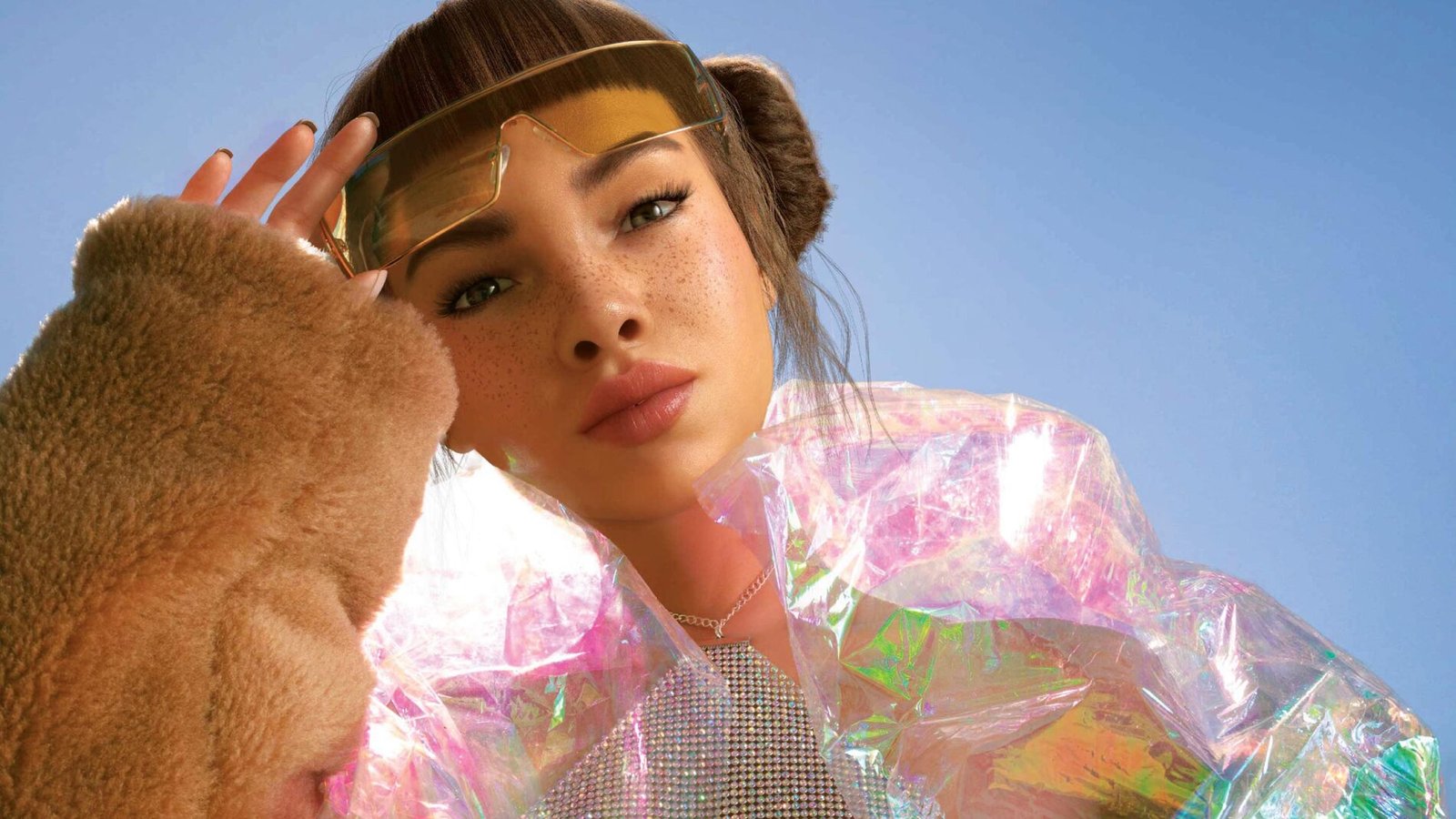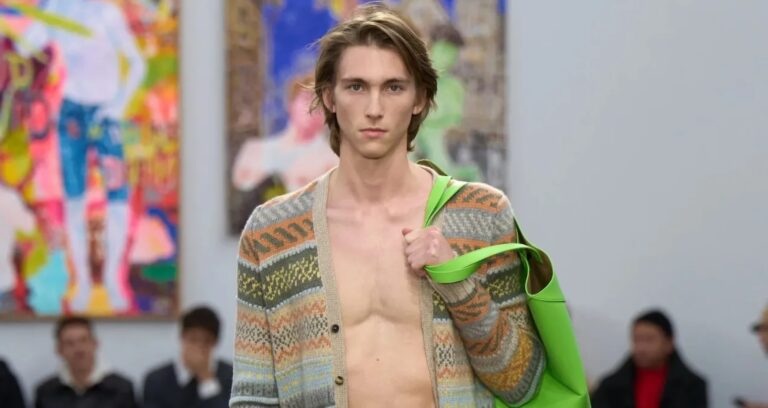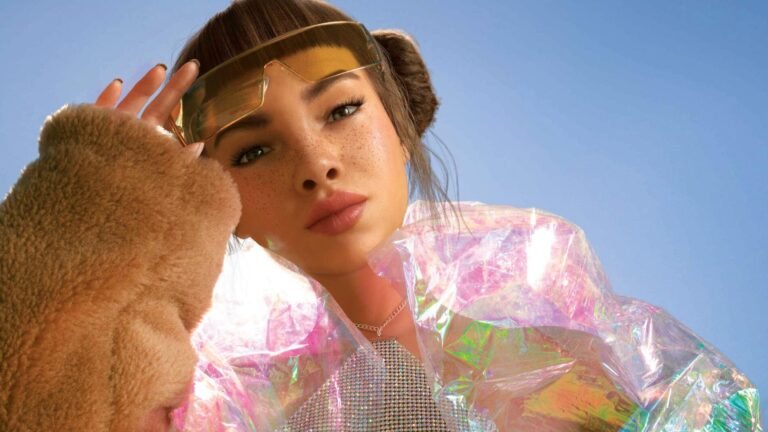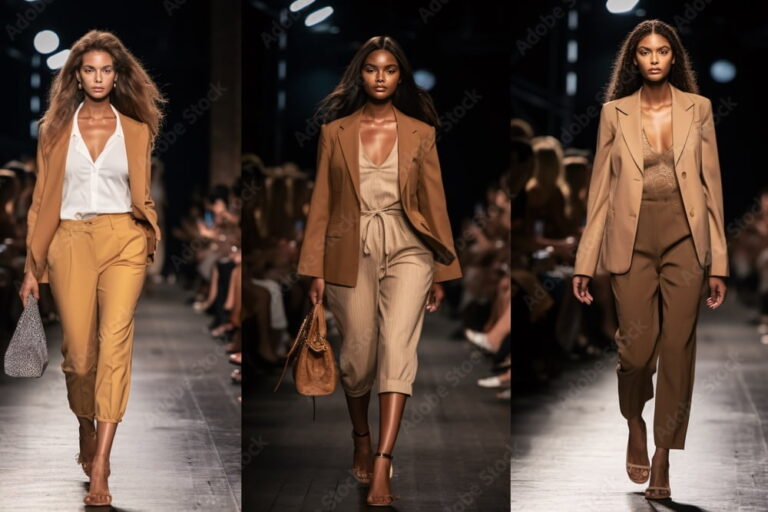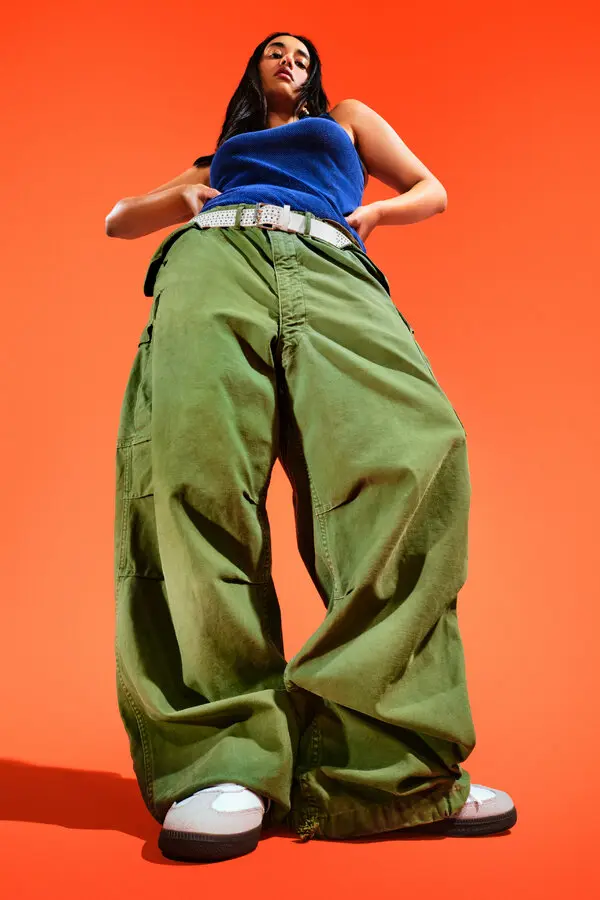Sunset Boulevard Meets the Server Farm
Los Angeles. Land of palm trees, traffic jams, and influencers posing with overpressed green juices. But these days, the hottest flex isn’t a $1,000 Gucci bag—it’s a digital onesie that doesn’t even exist. Welcome to the future, darling, where LA’s creatives are trading Venice Beach selfies for virtual runways, and the only thing more inflated than Botox lips is the NFT market.
The Fabricant: Couture for Your Avatar’s Ego
Let’s start with The Fabricant, the Amsterdam-born (but LA-adopted) pioneers of “digital-only fashion.” These folks sold a *dress* for $9,500 in 2019. Not a dress you can wear, mind you—a GIF. A shimmering, smoke-and-mirrors fantasy that lives on your Instagram feed, not your body. Their tagline? “We shape the self-perception of humanity.” Sure, Jan. But hey, at least you don’t have to worry about spilling oat milk on it.
The real kicker? The Fabricant’s designs are *eco-friendly* because, as CEO Kerry Murphy put it, “We don’t use fabric.” Finally, a solution for fashion’s waste problem: just… stop making clothes. Genius. Or delusional. Either way, Gucci’s already copying them.
Lil Miquela: The Influencer Who’s Never Had a Bad Skin Day
Meet Lil Miquela: 19-year-old Brazilian-American model, LGBTQ+ advocate, and… CGI puppet. With 3 million Instagram followers, she’s the uncanny valley’s answer to Kendall Jenner. Miquela (created by LA’s Brud studio) wears Prada, dates human influencers, and “dropped” an NFT collection that funded real-world COVID relief. Let that sink in: a fictional character raised real money. Meanwhile, I can’t get my roommate to Venmo me for toilet paper.
Miquela’s appeal? She’s flawless, politically palatable, and *never* gets canceled. No PR scandals, no problematic tweets from 2012—just a perpetually chill vibe and a closet that would make Anna Wintour’s avatar weep. Brands like Calvin Klein and Samsung clamor to partner with her because, as one exec quipped, “She shows up on time and doesn’t demand a green room full of kale.”
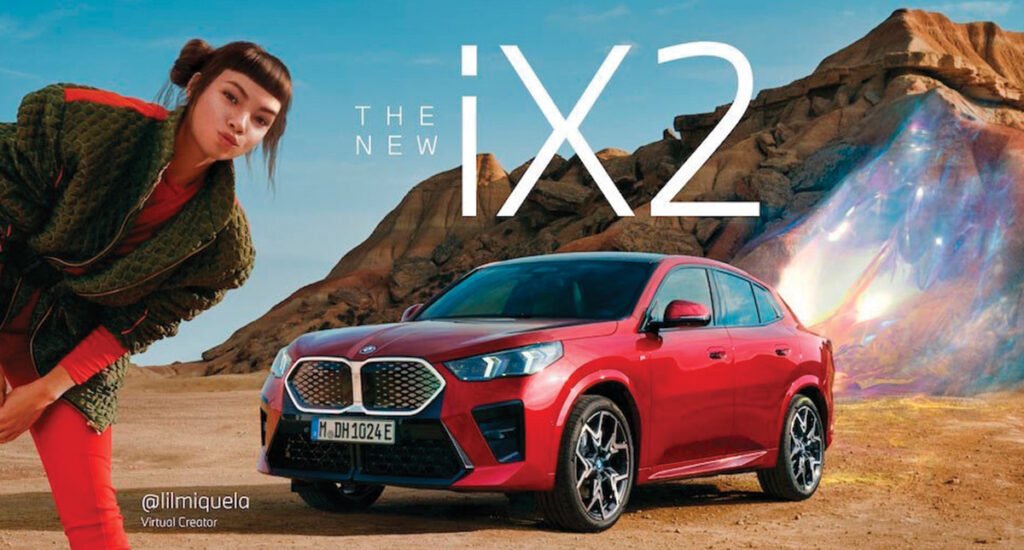
NFTs: Because Money Laundering Was Too Mainstream**
LA’s metaverse mavens aren’t just playing dress-up—they’re getting *paid*. Enter NFTs, the blockchain’s answer to “How do I monetize my existential crisis?” Digital artists and designers are minting everything from virtual sneakers to 3D gowns, selling them as “exclusive” tokens to crypto bros and hypebeasts. One LA-based collective, Auroboros, hosted a virtual runway show where models morphed into dragons mid-strut. The price tag for front-row seats? 0.5 ETH (roughly $1,500, or three months of my therapy copay).
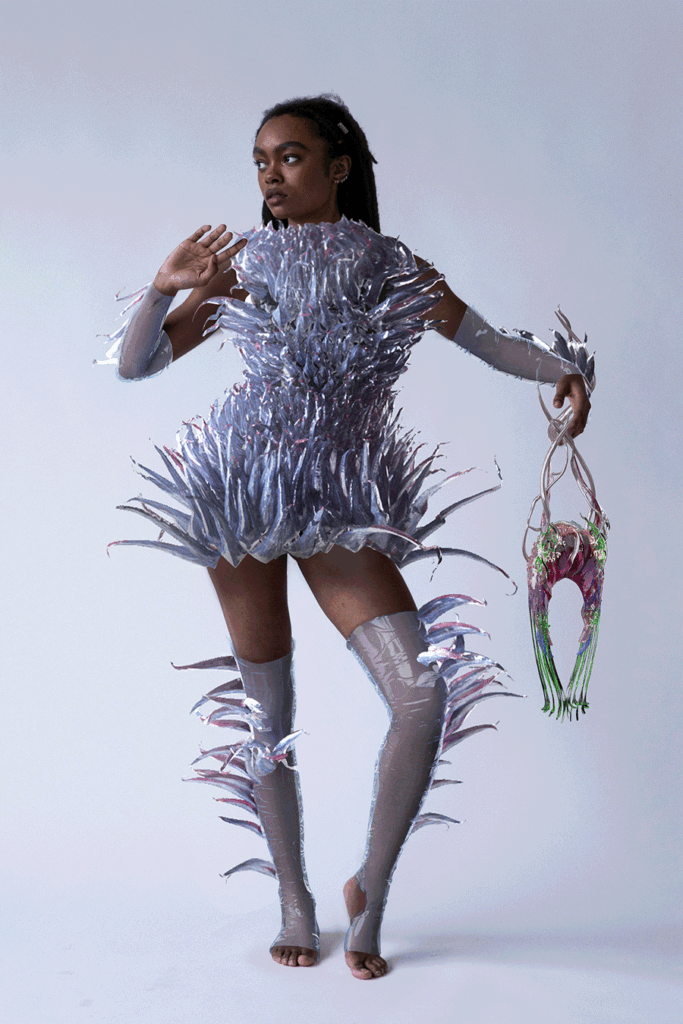
But here’s the twist: these NFTs often come with IRL perks. Buy a digital jacket from RTFKT (pronounced “artifact,” because of course), and you might snag a matching physical pair of sneakers. It’s like getting a Happy Meal toy, but for adults who think “decentralized” is a personality trait.
**The Catch: Your Avatar Has Better Threads Than You**
Before you roll your eyes into the metaverse, consider this: digital fashion is *democratic*. No size charts, no gender norms, no judgment when your thighs glitch through a pixelated skirt. Plus, AR filters let you “try on” designs before buying—a godsend for anyone who’s ever cried in a Zara fitting room.
But let’s not kid ourselves. The NFT space is still a Wild West of carbon footprints and crypto scams. (Yes, your Bored Ape is adorable, but did it *really* need to burn through enough energy to power Nebraska?) And while LA’s digital elites preach inclusivity, most virtual couture remains accessible only to those fluent in Discord and rich in Ethereum.

